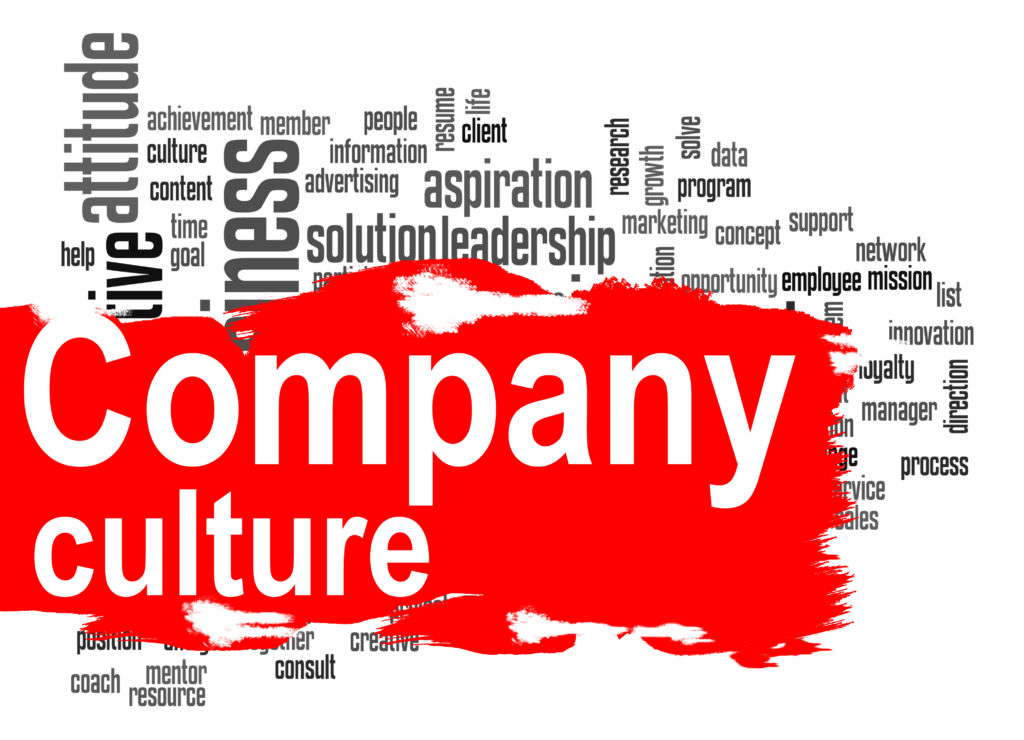Does your senior living community, including your staff, express a can-do spirit? Do they have a mindset that is resident focused? Are they able to see the positive and not growl about everything? Do they work on fixing what’s wrong instead of griping about it? How much thought do you really put into personnel placement and training? These are a few questions to examine with regards to how you express your company’s culture to your residents, those who work within your company, and those outside of your walls.
I recently read a blog on LinkedIn which garnered a lot of attention for all the wrong reasons, but it had a good message. The blog described the advice a venture capitalist had for the young twenty something in whose startup he was investing $150 million. To paraphrase the conversation, the venture capitalist advised, “Don’t mess up the company culture, that’s what I’m investing in.”
Unintended Culture Shift
Unfortunately, it tends to happen in most industries. As companies grow and hire more and more people, they tend to drift away from the core values and culture that made them a success. It takes a lot of effort to stay the course to retain your company culture. You have to hire the right people, develop a successful orientation process as well as an ongoing training program, monitor your employees’ actions and outcomes, and adjust as the need arises.
And as the old saying goes, the commitment to a positive company culture starts at the very top. I don’t mean just knowing about it, reading about it, preaching about it, I mean really LIVING IT 31! (For those of you out of the loop on the newest lingo, 31 is the old 24/7, just 24+7. And if you’re wondering, no I‘m not that cool, I was recently schooled by my younger, hipper nephews).
Personnel Assignments
Did you ever stop to think about how that particular person got into that particular job? Sometimes it’s the person that has been around the longest or has the lowest in seniority. Maybe the employee asked for the job, or maybe they were the first applicant that could pass a background check. There are many examples of employees that just ended up in a job and no thought was given to whether they were a good fit and exemplified your community culture to its fullest.
It would be easy to write a novel on employee placement and training, which covers all the different positions in a senior living community. However, I would like to focus on those employees you have put in a position of initial contact with your potential residents and their families. I’m specifically talking about those employees who answer your phones or greet your prospective residents and their families at the front door as well as those who tour campuses with them. There is no more appropriate expression in this situation as “you never get a second chance to make a great first impression.”
What’s The Goal?
It’s important to make sure we put the right employees in the jobs that best fit them. In addition, we must also train these employees and go over contingency plans for certain situations that are bound to present themselves. We need to go that extra mile to make sure they not only understand but are able to live and express that culture you in which you want your community to be known. From the local Mexican food restaurant that I frequent to Senior Living communities that I visit, it appears that some management isn’t doing a good enough job of choosing the right person for the position or communicating desired outcomes to employees.
It’s important to stress to these employees how much they’re being counted on to acquire new customers and keep current customers happy. It’s amazing how much damage one misplaced or ill-trained employee can do to an organization, and often no one even realizes it until it’s too late.
Give me a call and let’s get started analyzing your front line, first contact team, policies, and procedures and developing a suitable solutions for your community. Today it’s more important than ever to have a plan and a backup plan in place to facilitate prospect inquiries. This can range from information on a phone to those wanting to tour your community. Let’s make sure your team is asking the right questions and offering the appropriate information to each and every prospect. With the proper plan in place you will see your close rates increase and resident acquisition cost decrease.
Roy Barker is Director of Special Projects at Moore Diversified Services, a Fort-Worth, Texas-based organization specializing in operations analysis, marketing development, and investment advisory services. Roy is an authority in the field of employee turnover analysis and retention strategies.









